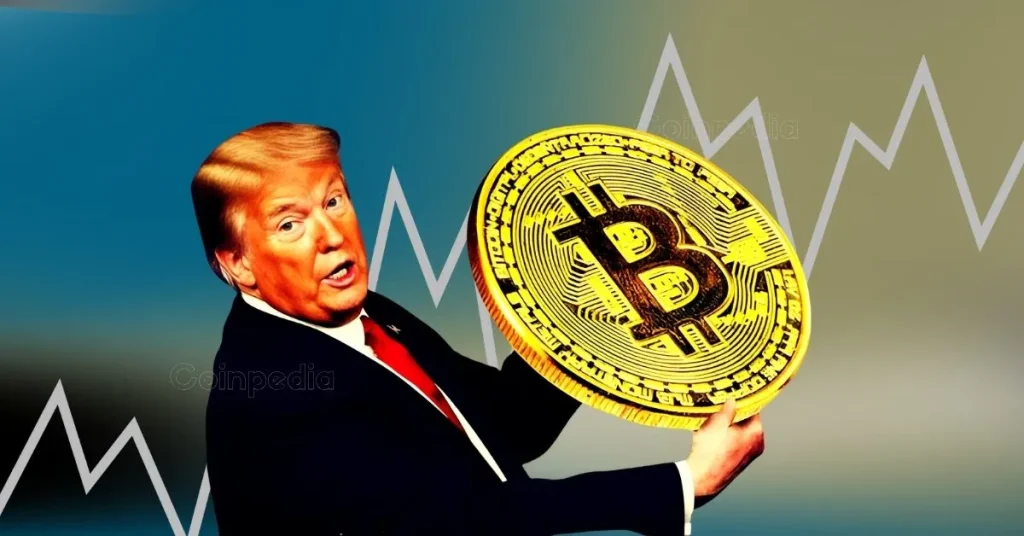
Japan’s new Prime Minister, Shigeru Ishiba, is pushing for blockchain technology to revalue local assets.
Shigeru Ishiba, who recently won Japan’s prime ministerial election, is prioritizing blockchain and non-fungible tokens (NFTs) in his policies to enhance the country’s regional economies.
His office released documents outlining plans to integrate blockchain technology and web3 innovations.
Ishiba aims to “maximize the value” the value of Japan’s local industries, including “food and tourism experiences,” through NFTs, boosting their global presence.
This stance aligns with calls from industry players who have advocated for adopting blockchain in rural economies to promote innovation and sustainability.
Another positive that could come out of Ishiba’s regime is the fact that he has vowed to appoint Masaaki Taira, head of the Liberal Democratic Party’s Web3 task force, for the position of Minister of Digital Affairs under Ishiba’s administration.
Taira has previously advocated for innovative ways to connect NFTs with Japanese intellectual property rights and suggested reforms to boost crypto startups by altering Japan’s tax system.
His appointment could signal further support for Japan’s blockchain and crypto sectors.
Some industry participants like Forj CEO Henry Liue express their optimism over Ishiba’s election, calling it a bullish development for the nation’s decentralized sector.
This sentiment was also echoed by Startale Lab’s chief executive, Sota Watanabe, who is spearheading the development of Soneium, Sony’s Ethereum Layer-2 blockchain.
While the crypto community has welcomed Ishiba’s policies, Ishiba’s rise to power has led to uncertainty in the markets.
Japanese stocks and other risk assets fell sharply after his election, partly due to his past support for interest rate hikes by the Bank of Japan, with Bitcoin dropping 4%, from $66,300 to $63,500
Investors reacted to Ishiba’s hawkish policies, which include raising corporate taxes and backing further interest rate hikes.
These measures and the central bank’s rate increases earlier this year have contributed to market volatility and a decline in the crypto market.
Japan’s forward-thinking approach toward crypto
Nevertheless, Japan is pushing forward with efforts to create a more supportive environment for cryptocurrency.
As previously reported by Invezz, Japan’s Financial Services Agency (FSA) wants to reassess whether the current regulatory framework, which treats cryptocurrencies under the Payments Act, offers sufficient protection for investors.
Analysts suggest this review could change how crypto assets are taxed, potentially lowering the tax on crypto gains from 55% to 20%, bringing it in line with traditional investments like stocks.
Further, the FSA and Japan’s Financial System Council are considering revising the Payment Services Act to make it easier for businesses to handle in-game crypto assets, a move that could provide significant growth opportunities for Japan’s gaming and blockchain industries.
With Ishiba’s pro-blockchain policies and Japan’s shift towards supportive crypto regulations, the country is positioning itself to become a major player in the global blockchain economy.
The post Japan’s new PM Shigeru Ishiba backs blockchain technology and NFTs appeared first on Invezz















 English (US) ·
English (US) ·